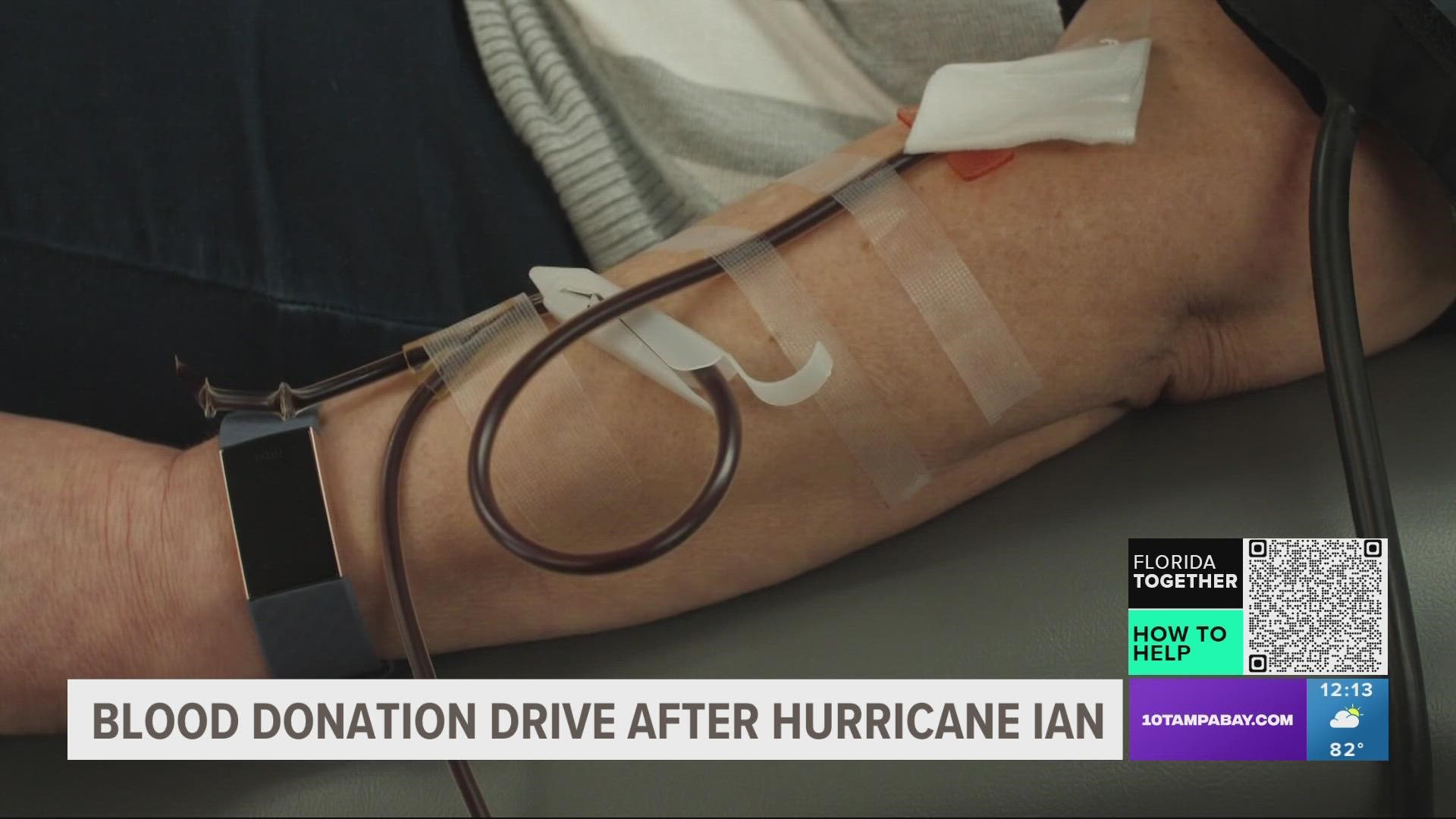

On a computer: Click your profile picture in the top right of the Facebook home page > Settings & privacy > Settings > Your Facebook information > Off-Facebook activity.įrom there, you can click “Clear previous activity.” To prevent the data from being used for targeted ads going forward, tap “Disconnect future activity.” You can go through a list one by one and disable Future Off-Facebook Activity for specific services where you don’t need Facebook Login. Turning off Future Activity disables the Facebook Login tool that lets you sign in to other apps and websites using your Facebook credentials. But again, Facebook says that the data won’t be used to target you with ads. Note that after you turn it off, other companies will keep sending Facebook information about you. You’ll also find a setting called Manage Future Activity, which lets you keep your history cleared by default. Instead, it “disconnects” the data from your account, preventing the company from using it for targeted ads.įacebook keeps a copy of that information-and will continue to use it for analytics reports provided to other websites and detailed performance measurements for the company’s advertising clients. It houses the Clear History button, which, despite the name, doesn’t actually delete anything. Protect Your Privacy on Facebook’s Sibling Productsįor a peek behind the curtain, the Off-Facebook Activity menu will give you a look at some of that data.Prevent Facebook From Following You on Other Websites.Limit Data Collection by Facebook’s Partners.“Clear” the Data Facebook Gets From Tracking You Around the Web.
CURRENT MEDIA META MESSAGE PLUS
This guide will lead you to the most useful Facebook privacy settings, plus a few outside tools to further limit the company’s tracking.īelow, you’ll find instructions on how to: It’s important for users who care about their privacy to understand the available settings-even if these controls don’t offer all the protections you might want. Facebook has 22 pages of settings, and many privacy controls aren’t on the page labeled “Privacy.” (Facebook later shut down the app’s facial recognition features.) It can even be hard to find the Facebook settings that do work as you’d expect. Then there’s the facial recognition control that was missing on hundreds of millions of accounts. Take the “clear history” button: It doesn’t actually delete anything. Updated the post with clarification from Meta about group call and chat, and backup keys.Facebook’s privacy settings are confusing. Last year, Meta said that it expects to roll out default end-to-end encryption protection across all its apps by 2023. In another experiment, the social media giant will let users soon unsend encrypted messages and will sync deleted messages across devices. In February, the company initially introduced the feature for all users in Ukraine and Russia. Last year, Instagram started testing end-to-end encrypted messages through an opt-in setting. Meta also mentioned that it’s soon planning to expand its end-to-end encryption test for Instagram DMs. While the chat app always offered end-to-end encryption protection for chats, its backups were not protected, giving potential access to all the data to law enforcement. Secure Storage currently protects only end-to-end chats - like group conversations - on iOS and Android, and is not applicable to non-encrypted chat and Messenger for web and desktop.Īfter years of criticism, WhatsApp finally started offering encrypted backup to its 2 billion-plus users last year. The company said that the backup will remain on Meta servers. Users will be able to upload their Messenger backup keys on third-party cloud services like iCloud or Google Drive by protecting them with a PIN or a code. The company is also testing the “secure storage” option for end-to-end encrypted conversations for iOS and Android. But unlike Meta’s other popular chat app WhatsApp, end-to-end encryption is not yet enabled by default for all conversations. In January, the company introduced opt-in end-to-end encryption for group chats and calls for Messenger.

Meta first tested end-to-end encryption features for Messenger back in 2016 for “secret conversations.” Later it extended that protection to voice and video calls in 2021. Notably, if these messages were protected by end-to-end encryption, Meta wouldn’t have been able to hand over these details. The tech giant’s announcement comes days after it was involved in a Nebraska case of a teen facing abortion charges, where the company turned over her private Facebook Messages to cops. The social media giant said that starting this week, people included in the test will have their most frequent chats automatically protected by end-to-end encryption. Meta said today it is expanding its end-to-end encryption test to individual Messenger chats.


 0 kommentar(er)
0 kommentar(er)
